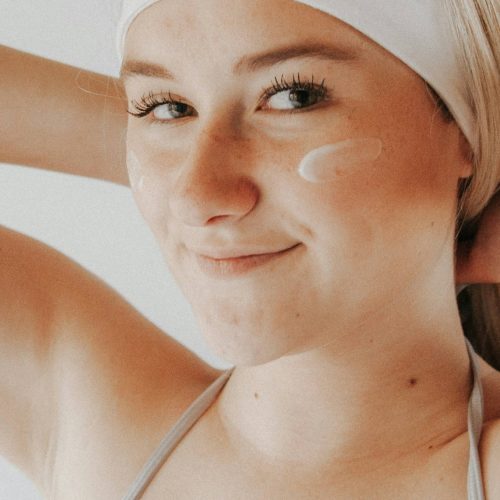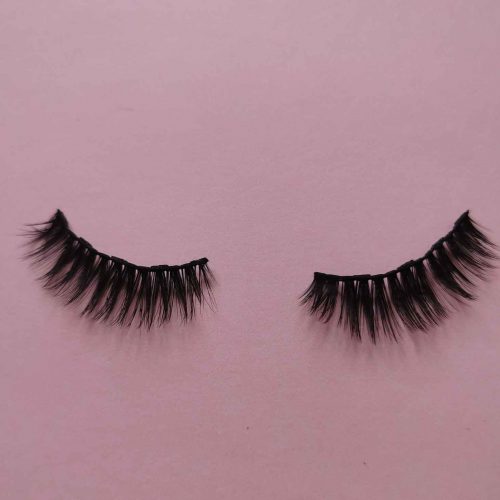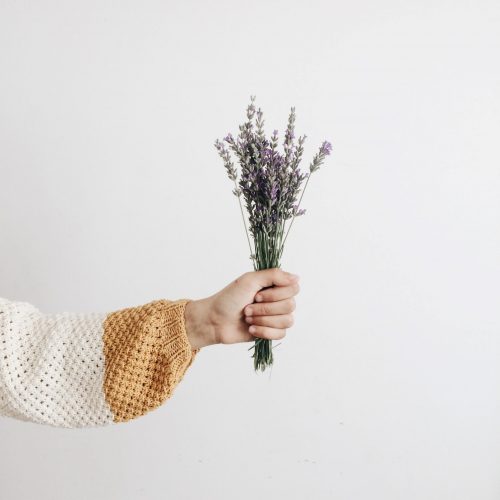Edible Beauty | The New Beauty Supplements
Beauty supplements in the form of pills and powders have been around for years. However, recent legislation updates in China may be the push needed to veritably sprout a new branch of the industry—edible beauty—that takes these existing products and gives them a facelift of their very own.
To receive the Luxiders newsletter, sign up here.
Imagine getting ready for your day. You put on a pot of coffee before heading to the bathroom to wash your face. You go into your beauty cabinet, untwist multiple bottles and jars of serums and moisturisers, apply them, and then if you feel like going the extra mile, you do the same with some make up. You finish off by reaching for one last bottle. You pop off the lid, dip your fingers in and… grab a peach-flavoured hyaluronic acid gummy to munch on. By now, your coffee is ready, too—all it needs is a dash of collagen creamer, and your beauty routine is complete.
Although this scenario may sound strange, the notion that our exterior skin health is affected by our internal health and wellness is not a new concept by any means. Drinking water, limiting sugar intake, avoiding processed foods—these are oft-repeated recommendations for improving the quality and health of our skin. But in the past few years, the beauty industry has started taking the saying, “you are what you eat,” a little more seriously. Beauty supplements started gaining more traction in 2018 when collagen erupted onto the US beauty scene as a new “it” skincare ingredient—not just to put onto your body, but also into your body, to reap the benefits. The United States, having fairly relaxed nutritional supplement legislation, started welcoming all sorts of collagen-containing pills, powders and liquids to its market, along with a few other quirkier and tastier offerings such as coffee creamers, bone broths, pre-made lattes and protein bars. That year, the US saw an enormous 61% increase in its beauty supplement sales compared to the previous year. Now, the global market value for beauty supplements is expected to increase from $2.32 billion USD in 2018 to an incredible $3.33 billion USD by 2026.
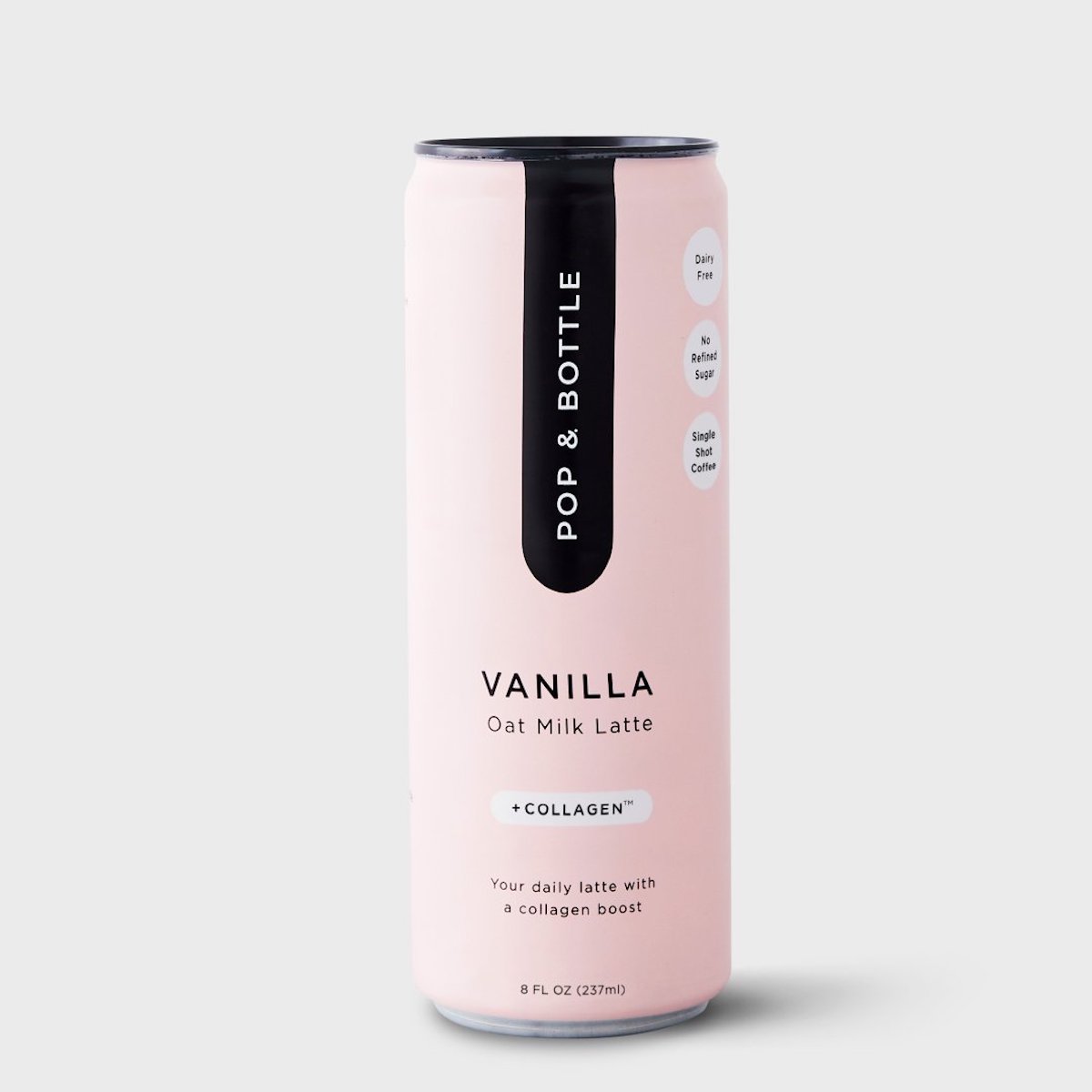
© Pop & Bottle
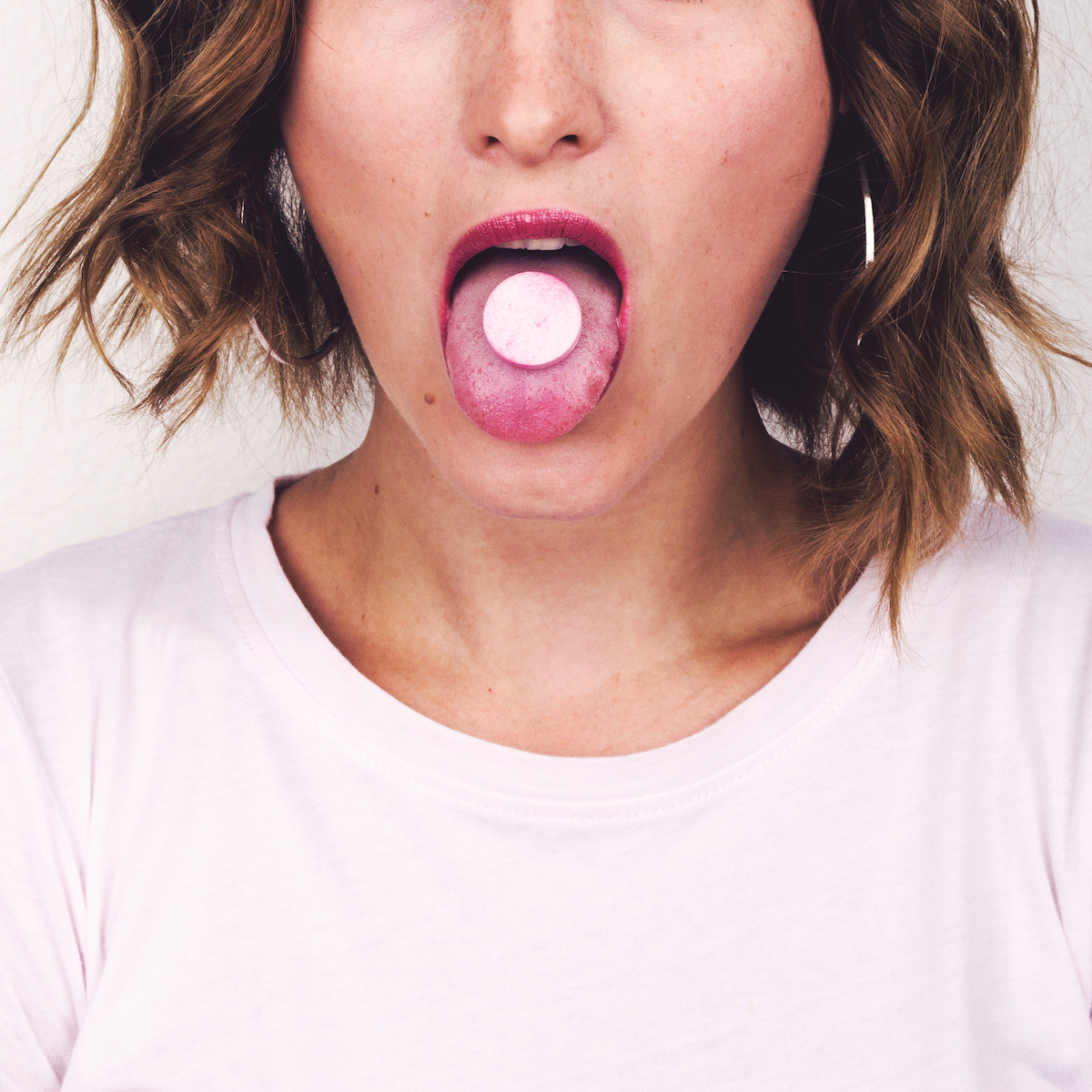
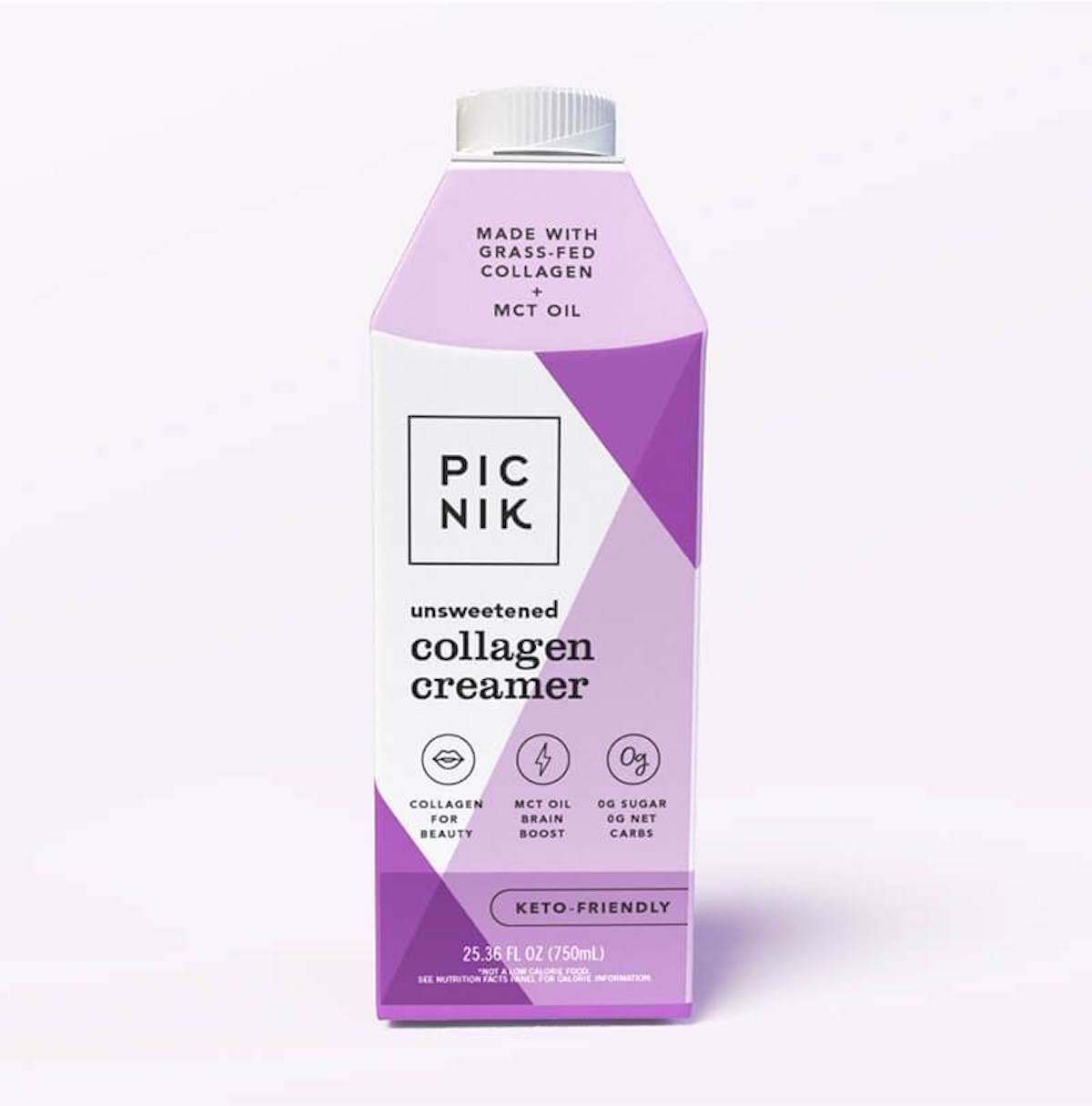
© Picnik
US consumer obsession with collagen is not responsible for all of the expected growth, though. A large part of it is thanks to very recent legislation changes in China, which is already the second-largest market for beauty supplements in the world (Japan is first, Italy is third and the US is fourth). Chen Li, associate director of Mintel Food & Drink explains that “in early 2021, China’s National Health Commission approved hyaluronic acid for use as an ingredient in food and drink. Before, it was only approved in 2008 to be used in dietary supplements.” Hyaluronic acid (HA), a substance that is naturally produced in our skin, eyes and connective tissues, can help plump the skin and smooth out wrinkles when applied topically, but also when ingested. Beauty aisles have been filled with countless products claiming HA as a hero ingredient for years, but with the new government policy in place, it’s been taking over Chinese grocery store aisles now as well. In January, biotech firm Bloomage revealed that they would be launching an entirely HA-focused food brand called Hyalur; in February, Chinese food brand Wonderlab introduced its peach-flavoured HA soft candies; and in March, Wuhan beverage brand Hankow Er Chang debuted flavoured HA sparkling water. Just as with collagen coffee creamers and protein bars in the US, it is easy to see how these HA treats will help to expand the edible beauty sector—they sound much more approachable, less daunting and more delicious than having to swallow a pill every day. And if the beauty community in China has as large an appetite for HA as the US has had for collagen in the past few years, then we know that the product releases and innovations won’t stop there.
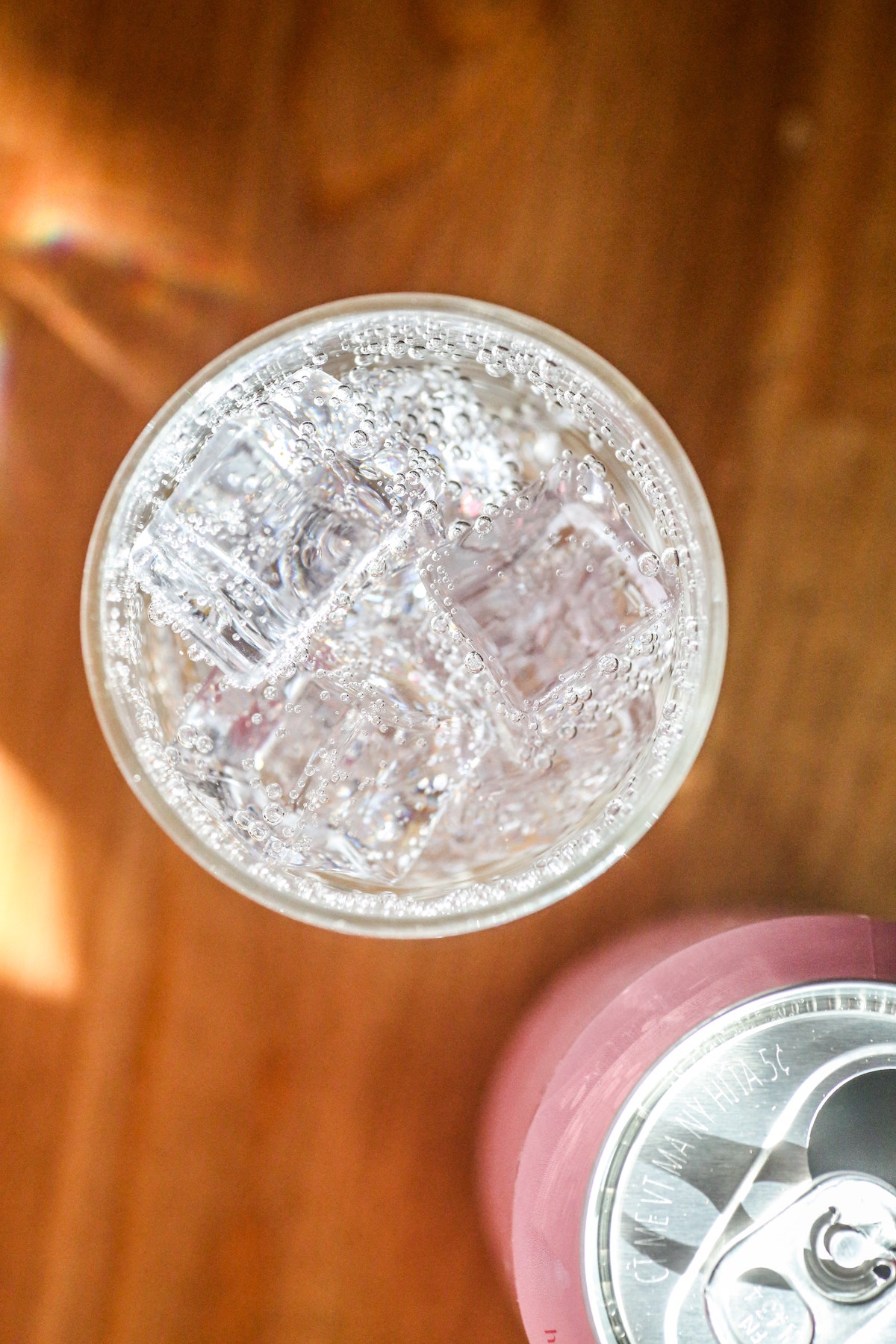
Despite the easier road to market for beauty supplements in the US (no review is necessary before being marketed), the edible beauty industry is still much smaller there than it is in the East. Carol Zhou, head of the China business innovation and investment representative office at Shiseido, explains that the importance of “cosmetics and food coming from the same source” has its roots in Traditional Chinese Medicine, resulting in edible beauty being something that Eastern consumers may be more readily accepting of. That being said, with the new legislation in place in China and the ongoing import and export of beauty trends between the East and West, it may just be a matter of time before edible hyaluronic acid, collagen and other beauty products finally rise to their full potential, worldwide.

+ Words: Dorice Lee, Luxiders Magazine Contributor
Dorice Lee is a freelance writer and editor from Vancouver, Canada who is endlessly fascinated by the ever-growing potential of the sustainability movement. Through her work she hopes to contribute to that movement by making the notion of sustainability approachable and accessible.
IG: @doricelee


